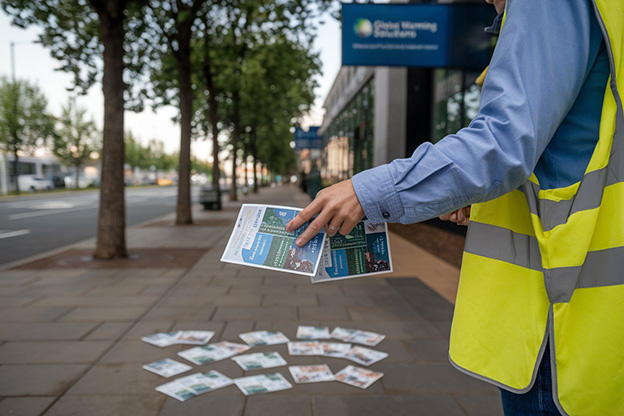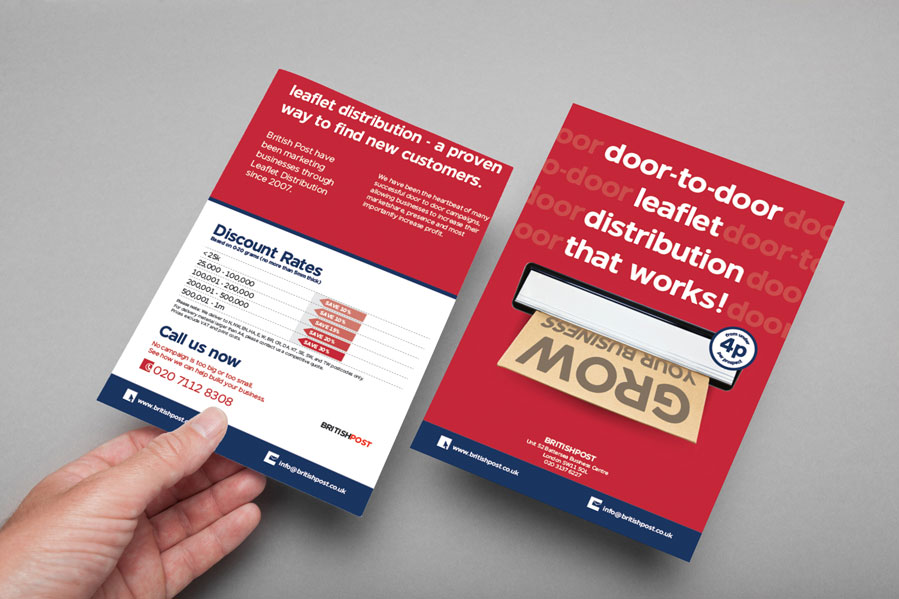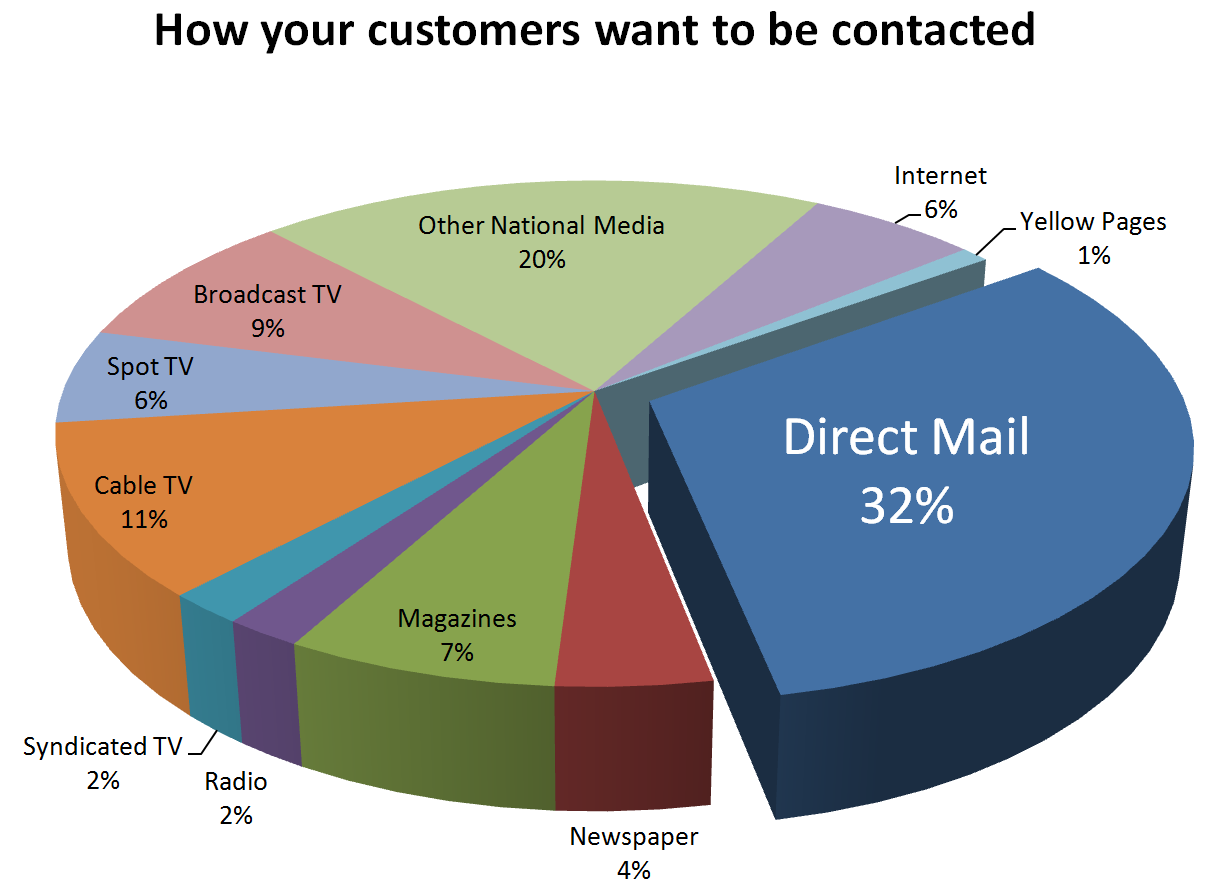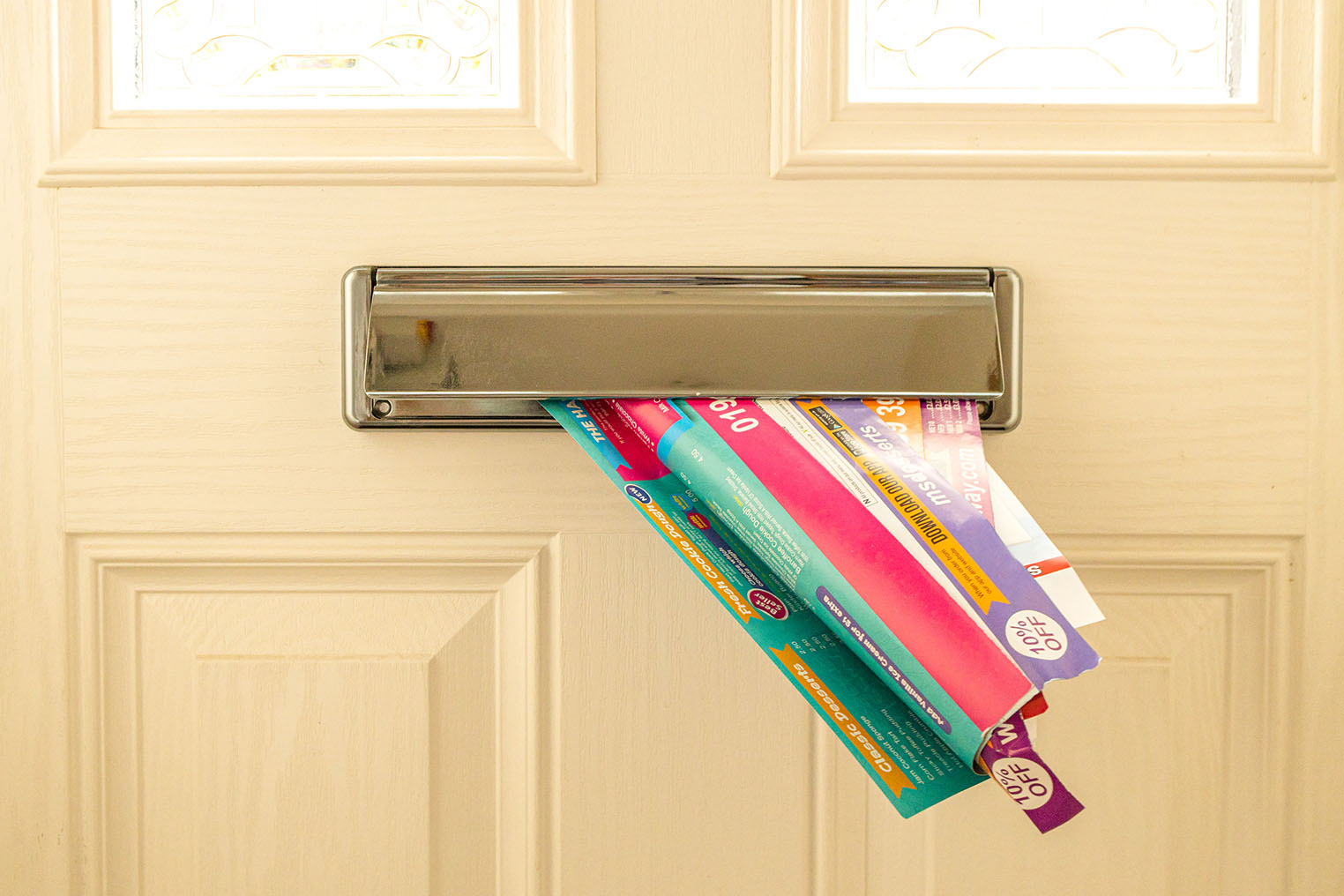How to Distribute Flyers Legally
Distributing flyers is a popular method for promoting a business, event, or cause, but it’s important to know how to distribute flyers legally to avoid fines or legal trouble. Whether you are promoting a local event, advertising a new business, or raising awareness for a cause, there are rules and regulations you need to follow to ensure that your flyer distribution is not only effective but also legal. This guide will cover the key legal considerations, along with the social and environmental impacts of distributing flyers legally.

Understanding the Legalities of Flyer Distribution
1. Local Permissions and Licences
Before you start distributing flyers, it’s crucial to understand that different local councils have varying rules about leafleting. In the UK, some councils require a licence or permit to distribute promotional materials in public spaces. You’ll need to check with the local authority where you plan to distribute your flyers to see if a permit is required. Failure to comply can result in fines, so it’s essential to do your homework.
2. Private Property and Businesses
If you plan to distribute flyers on private property or in commercial locations, you must seek permission from the property owner or manager. This includes places like shopping centres, local shops, and cafes. Distributing flyers without permission on private property can lead to legal action for trespassing or harassment.
3. Avoiding Littering and Flyposting
Another key legal consideration when distributing flyers is ensuring that they do not contribute to littering. In many places, it is illegal to leave flyers unattended on the streets or on private property without the owner’s consent. This includes “flyposting” – illegally placing flyers on public or private structures, such as lampposts or telephone boxes. It’s not only an eyesore but can lead to hefty fines for both the person distributing the flyers and the organisation they represent.
4. Comply with Data Protection Laws
If you collect any personal information from individuals during your flyer distribution (for example, through sign-ups or surveys), it’s crucial to comply with data protection laws, such as the UK’s GDPR (General Data Protection Regulation). Ensure that you have consent to collect data and inform recipients about how their information will be used.
5. Respect “No Flyers” Signs
Many private properties, particularly in residential areas, will have signs that explicitly state “No Flyers” or “No Junk Mail”. It’s important to respect these signs, as ignoring them can lead to complaints and possible legal action. Distributing flyers in areas where they are explicitly prohibited can be seen as harassment or nuisance behaviour.

The Social Impact of Distributing Flyers Legally
1. Respect for the Community
Legal flyer distribution shows respect for the local community. By adhering to local regulations, you contribute to a cleaner, more organised environment, reducing the likelihood of unwanted flyers piling up on pavements or in public spaces.
2. Building Trust
When you follow the law and act responsibly, you build trust with your audience. Communities are more likely to engage with your flyers if they see that you respect their space and are considerate of local regulations.
3. Reduced Complaints
One of the risks of illegal flyer distribution is the potential for complaints. People may view unsolicited flyers as a nuisance, and if your flyers are deemed to be in violation of local laws, it can damage your reputation and hurt your marketing efforts.
The Environmental Impact of Distributing Flyers Legally
1. Minimising Waste
Flyers are often printed on paper, which can contribute to waste if not disposed of properly. By following legal and ethical practices, such as ensuring that flyers are only distributed in approved areas, you can help minimise the environmental impact of your leafleting activities. It’s also worth considering environmentally friendly materials, such as recycled paper or digital flyers, to reduce your ecological footprint.
2. Reducing Litter
Illegal flyer distribution, especially in high-traffic areas, can lead to discarded flyers littering the streets. This creates unnecessary waste and harms the environment. By distributing flyers in a controlled and lawful manner, you contribute to a cleaner, more sustainable environment.
3. Supporting Sustainable Printing Practices
Consider using eco-friendly printing methods when creating your flyers. Look for printers that offer sustainable options, such as vegetable-based inks, recycled paper, or energy-efficient printing processes. These small changes can help reduce the environmental impact of your marketing efforts.
Practical Tips for Distributing Flyers Legally
1. Get Permission Before You Start
Always seek permission from local authorities, private property owners, and business managers before distributing flyers. In some cases, you may be required to pay a fee for the right to distribute materials in certain public spaces.
2. Use Designated Flyer Distribution Areas
Many councils designate specific areas for flyer distribution, especially in busy town centres or high streets. Make sure you are aware of these locations to avoid any legal issues.
3. Respect People’s Privacy
When distributing flyers door-to-door or in residential areas, be mindful of people’s privacy. Respect “No Junk Mail” signs, and avoid intrusive or aggressive sales tactics. Handing out flyers in a polite, considerate manner will reflect better on your brand or cause.
4. Consider Digital Alternatives
If you are concerned about the environmental impact or legal restrictions, consider using digital alternatives, such as email newsletters, social media ads, or digital posters. These methods can often reach a broader audience without the physical waste associated with paper flyers.
5. Stay Informed on Local Legislation
Laws around flyer distribution can change, so it’s essential to stay informed about any updates to local regulations. Regularly check your local council’s website or contact them directly to ensure that you’re always up to date with the latest requirements.
Conclusion: How to Distribute Flyers Legally
In conclusion, knowing how to distribute flyers legally is key to ensuring your marketing efforts are effective, ethical, and in compliance with the law. By seeking the necessary permissions, avoiding littering, respecting privacy, and considering environmental factors, you can carry out a successful flyer distribution campaign without the risk of legal or social repercussions.
Adhering to local regulations and adopting sustainable practices not only ensures you avoid fines but also demonstrates respect for the community and the environment, ultimately enhancing your brand’s reputation. Always remember: distributing flyers legally is not just about following the rules; it’s about being a responsible and considerate member of your community.








Leave a Reply